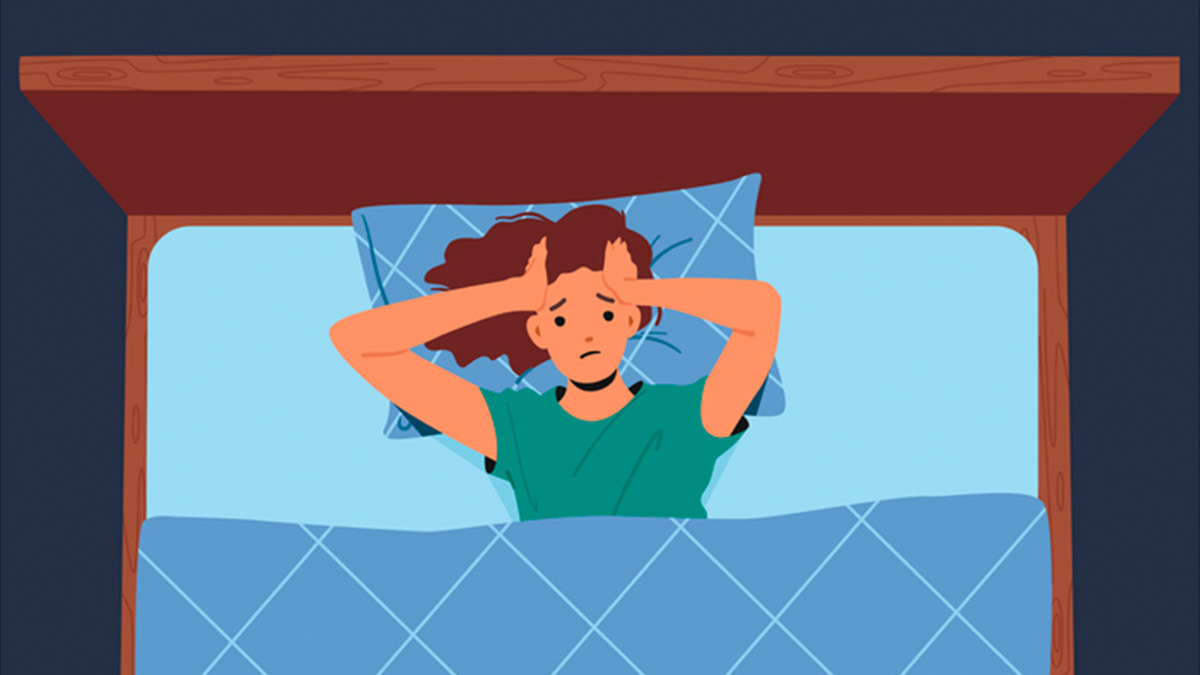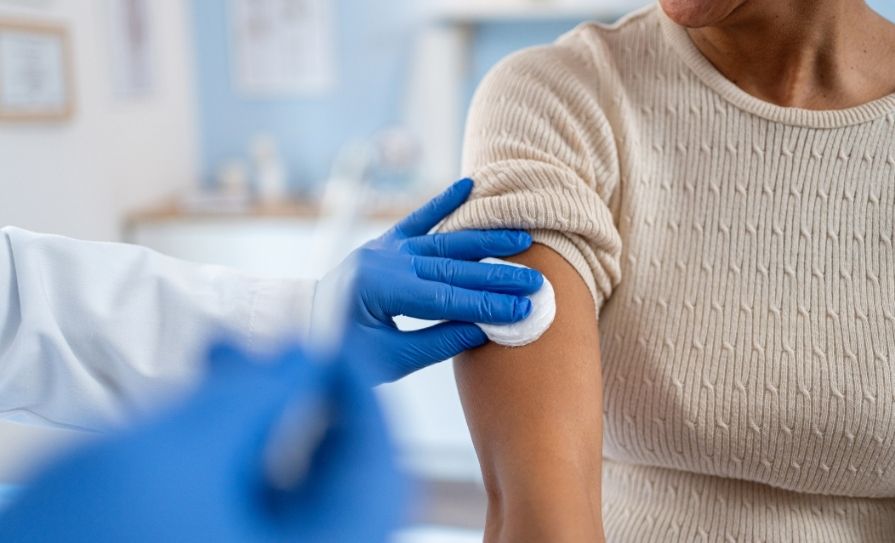A global study into causes of stroke, co-led by the University of Galway, has identified that sleep problems — including getting too much or too little sleep, taking long naps, snoring, snorting and sleep apnoea — can increase the likelihood of having a stroke.
The research was published in the medical journal of the American Academy of Neurology. Dr Christine McCarthy, Stroke and Geriatric Medicine Physician, PhD researcher with the College of Medicine, Nursing and Health Sciences at University of Galway and lead author, said: “Not only do our results suggest that individual sleep problems may increase a person’s risk of stroke, but having more than five of these symptoms may lead to five times the risk of stroke compared to those who do not have any sleep problems. Our results suggest that sleep problems should be an area of focus for stroke prevention.”
The international study involved 4,496 people, including 2,238 people who had a stroke who were matched to 2,258 people who did not have a stroke. The average age of participants was 62.
Participants were asked about their sleep behaviours, including how many hours of sleep they got, sleep quality, napping, snoring, snorting, and breathing problems during sleep. The study found that breathing problems during sleep, including snoring, snorting, and sleep apnoea, were significantly associated with stroke. Participants who reported sleep apnoea and snorting were nearly three times more likely to have a stroke, while people who snored were nearly twice more likely to have a stroke than those who did not.
People who slept for more than nine hours or people who slept less than five hours were more likely to have a stroke than people who slept an average number of hours. Following extensive adjusting for other factors that could affect the risk of stroke, such as smoking, physical activity, depression, and alcohol consumption, the results remained similar.
Prof Martin O’Donnell, Professor of Neurovascular Medicine at University of Galway and Consultant Stroke Physician at Galway University Hospitals, co-led the international INTERSTROKE study with Prof Salim Yusuf, McMaster University, Canada. He said: “Globally, one-in-four people over age 25 will have a stroke in their lifetime. We know from our INTERSTROKE study research that many strokes could be prevented, and this study has been designed to inform approaches to population-level prevention. We now need to factor-in sleep problems as one of the associations with stroke, and the need for targeted research evaluating interventions design to prevent and improve sleep impairments.”







